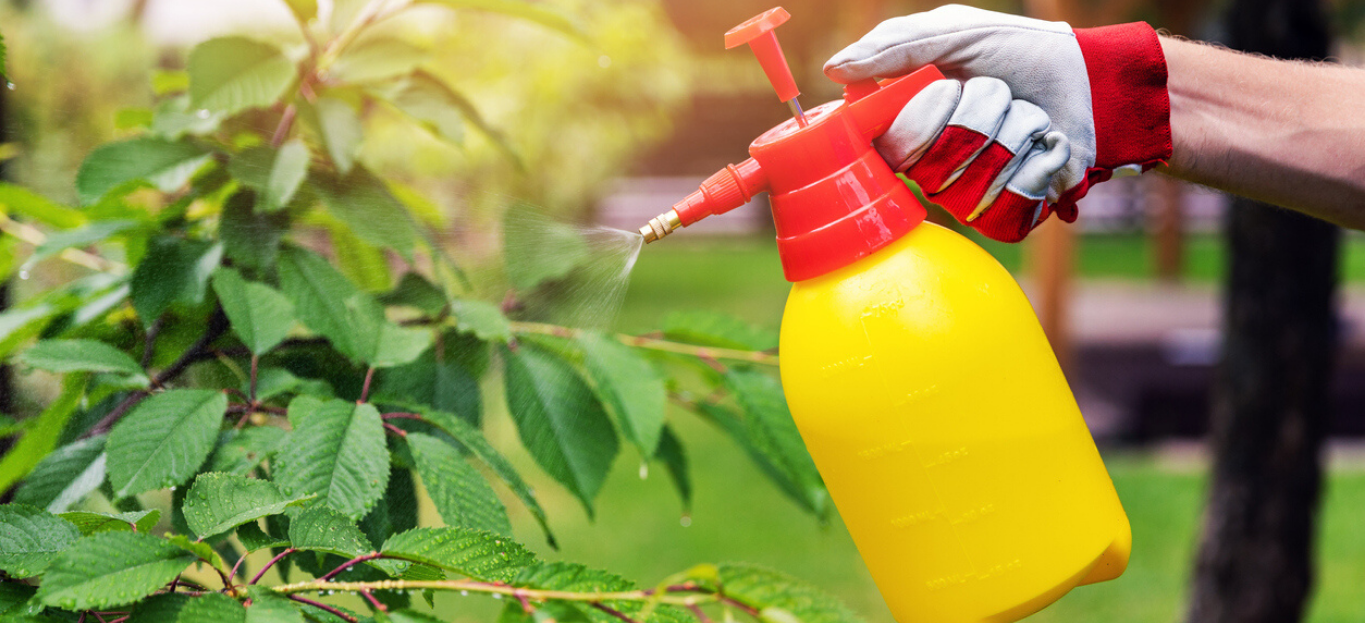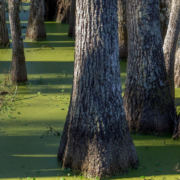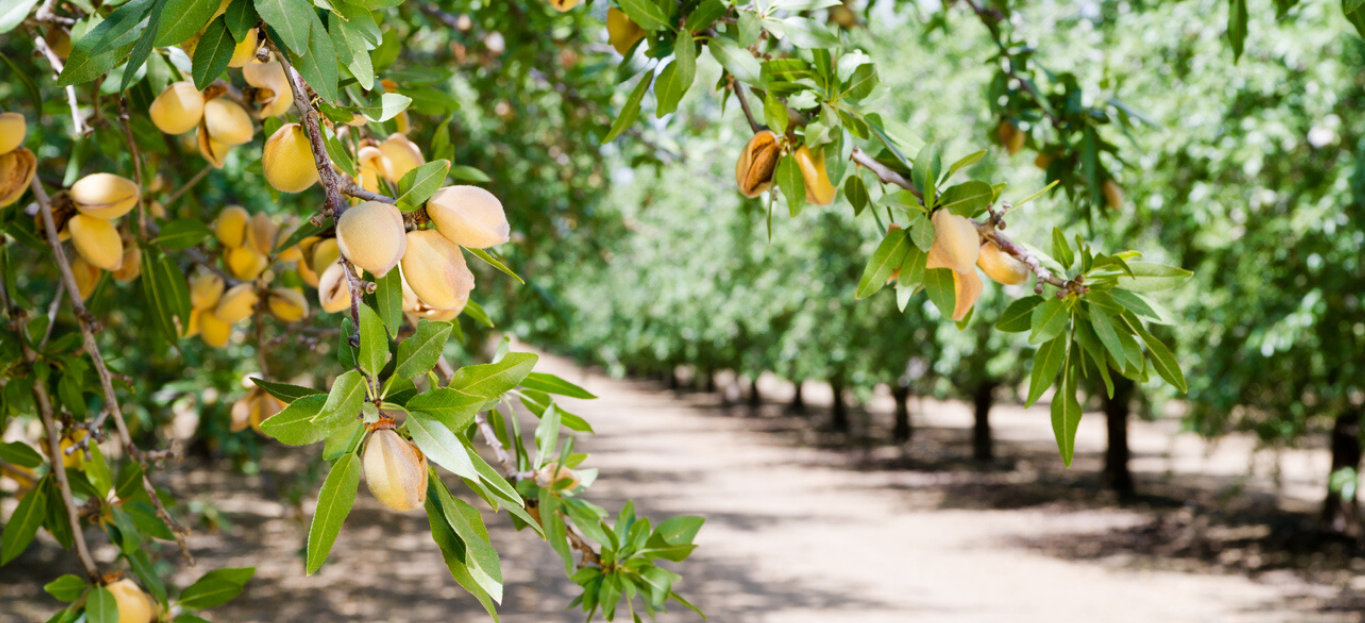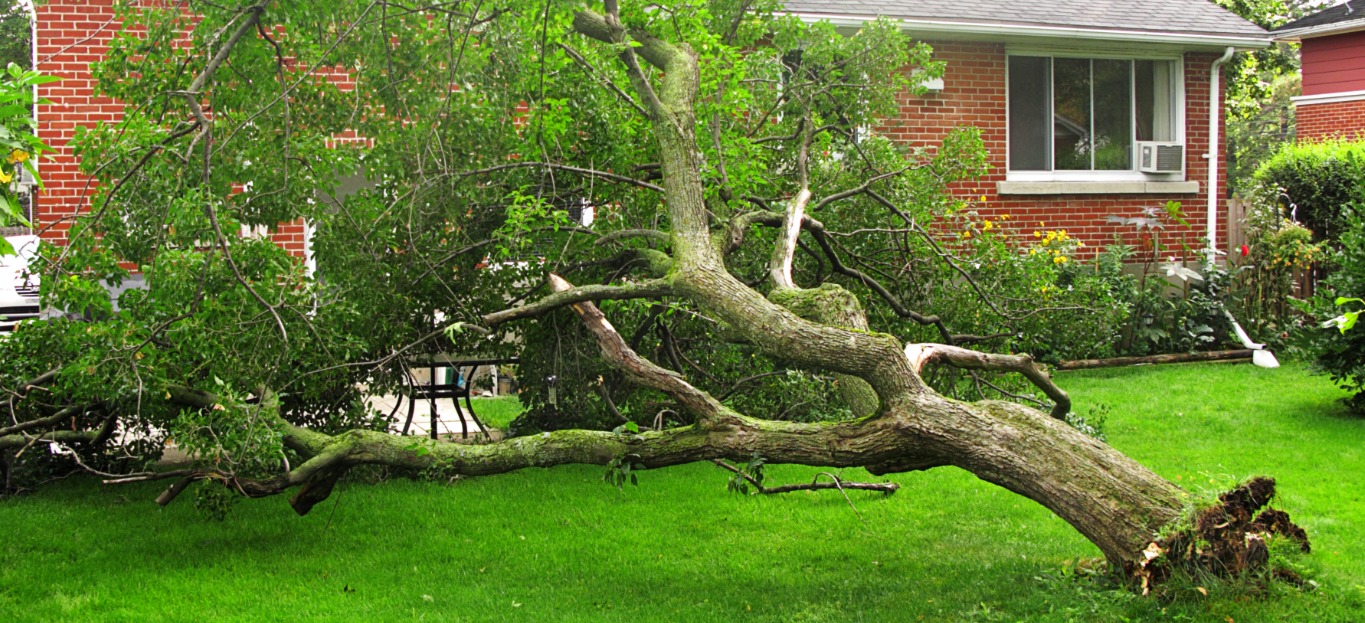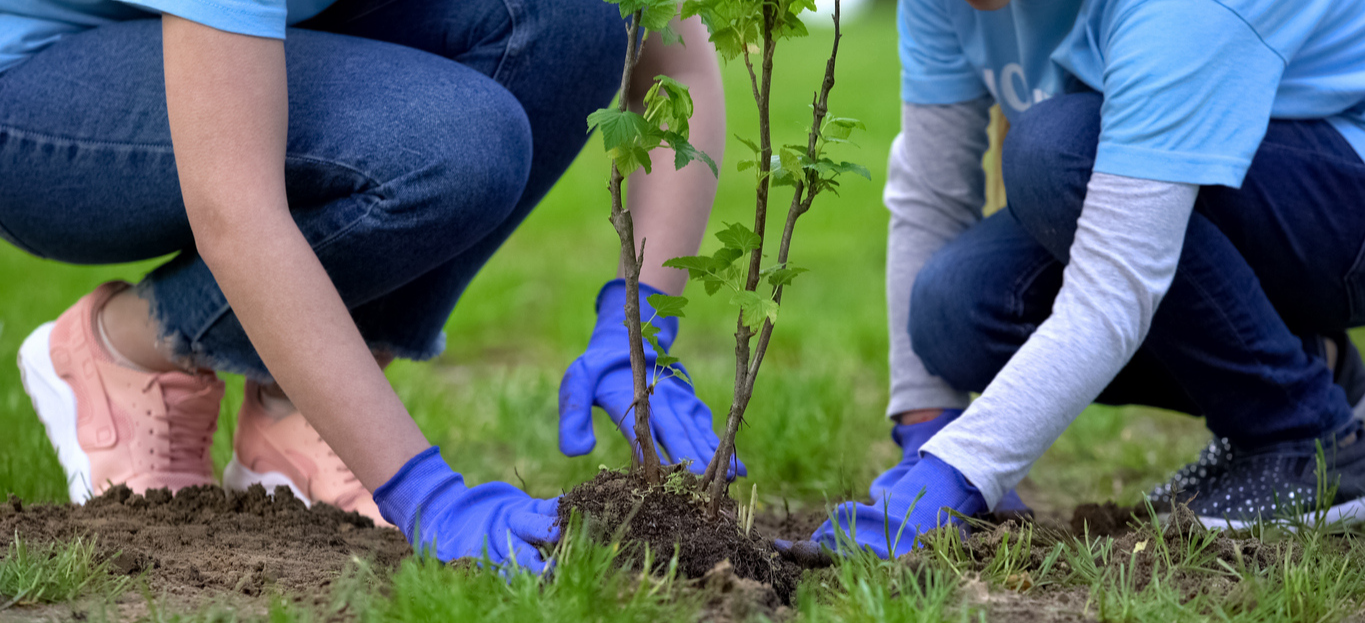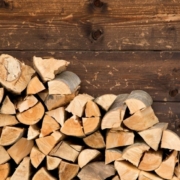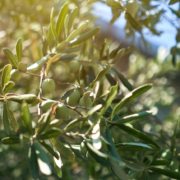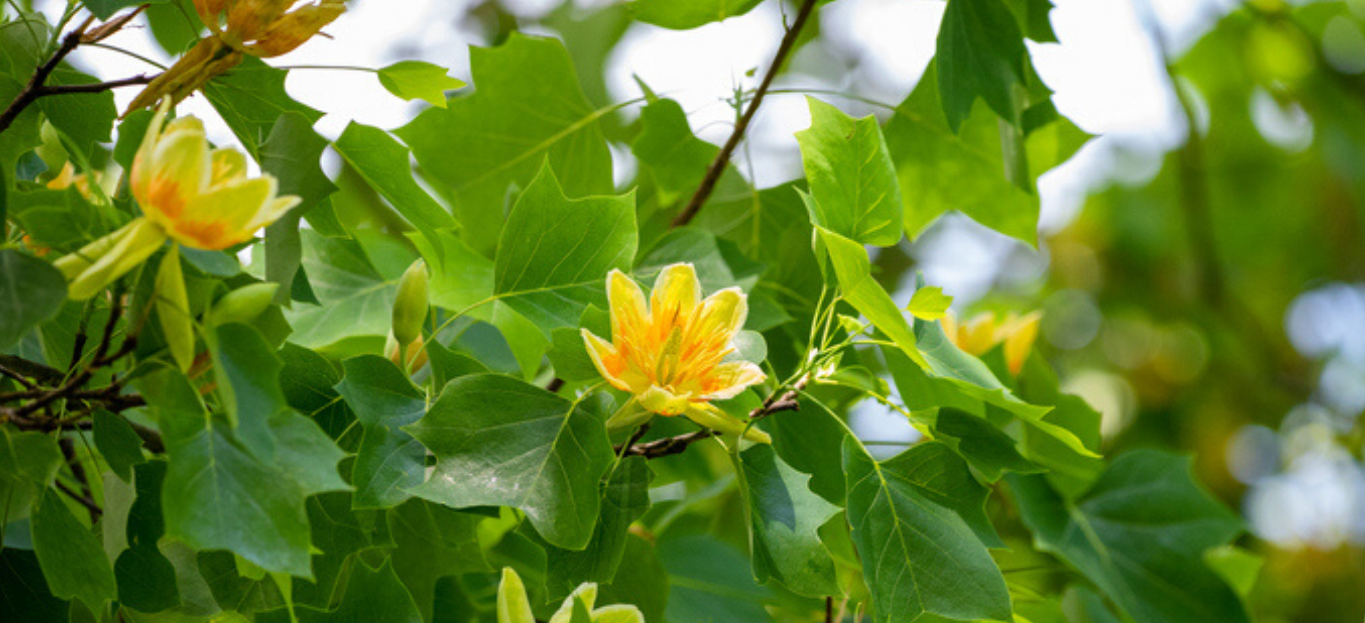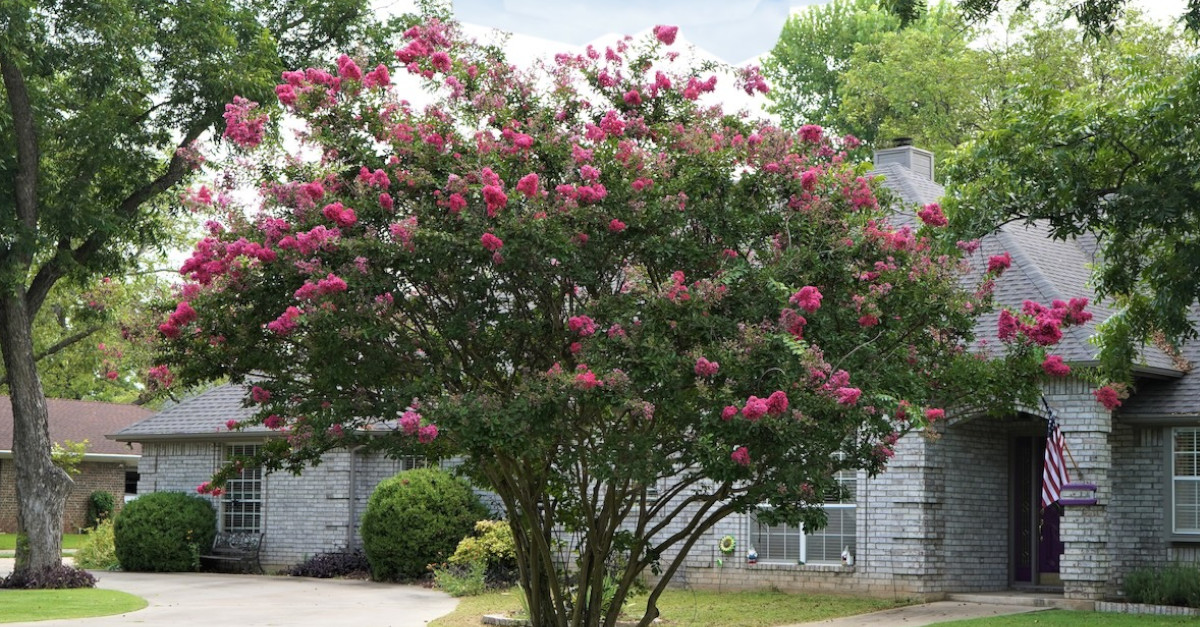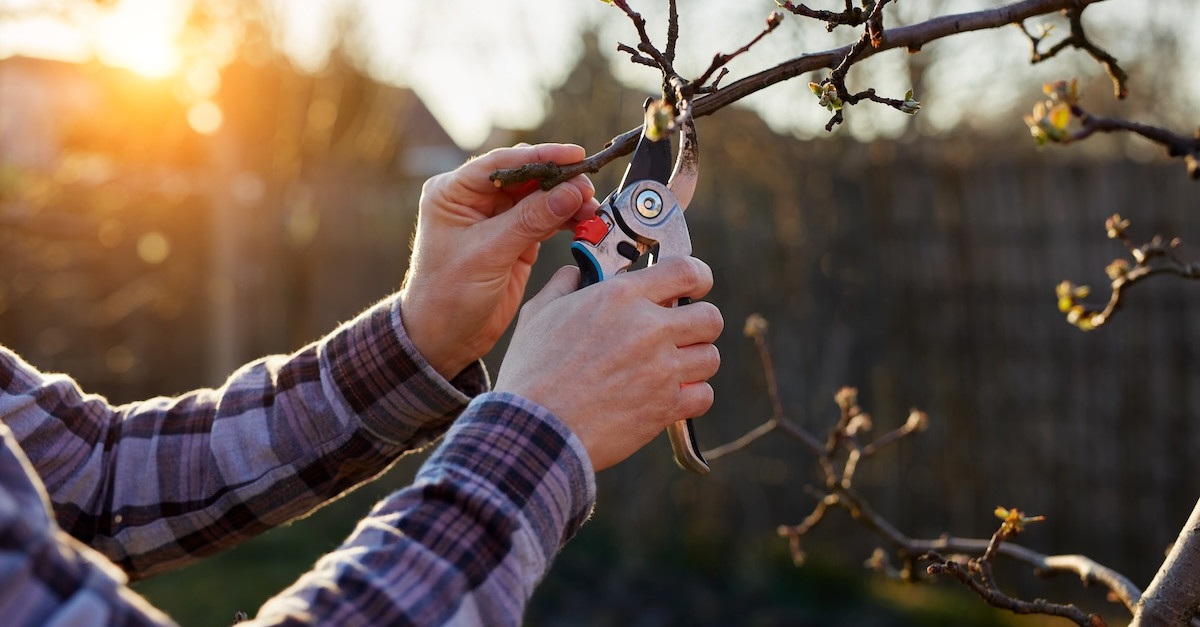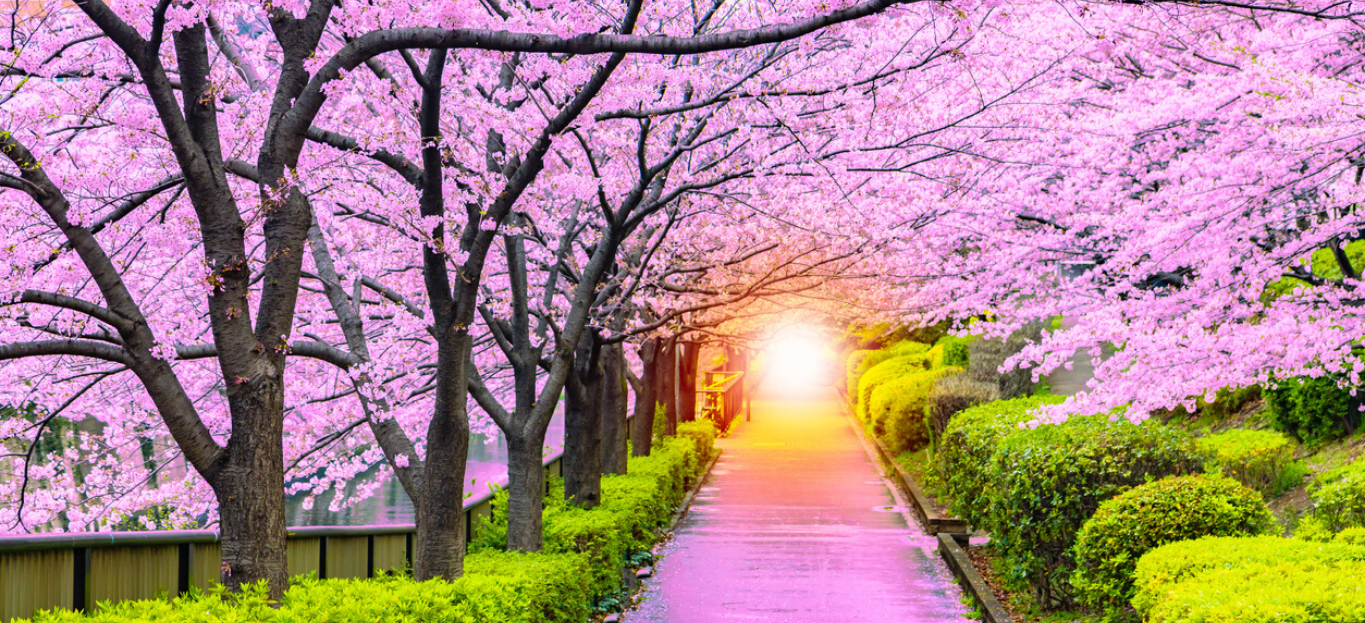Bye-Bye Bugs: Pest-Resistant Trees
If you’ve lost a plant or a tree to pests, then you know just how frustrating microscopic bugs can be. They may be tiny, but they are mighty, especially when they eat through your beloved landscaping in no time at all. While trees are adapting and evolving to create new mechanisms to fight away the pests that bother them, often bugs change even faster, thwarting the tree’s attempts.
Luckily, there are many types of plants, shrubs, and trees that already have naturally built armor to fend off pests. On top of that, scientists and botanists are working to breed new types of trees with genes that fend off these fiends.
So, if you don’t want your heart broken by pesky bugs, keep reading below to learn your options for pest-resistant trees.
Types of Pest-Resistant Trees
Bald Cypress
Known for being resistant to most tree problems, from pests to droughts, this tree has feather-like leaves that are green during the spring and summer but turn orange during the fall. They typically grow in southern swamps, though they do well in any environment, and can be more than 70 feet tall.
Chinese Fringe Tree
Hoping to find a smaller tree that is also pest resistant? Look no further! Not only does this tree grow extremely fast to its max at about 25 feet, but it also is gorgeous and has white flowers during the spring that smell amazing.
Chinese Pistache
This tree is fantastic if you have an area with full sun. They are on the smaller side, but can still grow anywhere from 25 to 35 feet tall. If they are placed in the shade, the shape of the tree tends to get misshapen. The good news is that they are pest resistant and have gorgeous orange fall leaves.
Eastern Red Cedar
An extremely popular tree often found from Canada to the Gulf of Mexico, this pine tree is known for its many practical uses, such as building fences, to its tall stature, sometimes growing over 60 feet tall. These beauties are usually free of any serious pest and disease problems, though they aren’t totally immune.
Ginkgo
A tree with fossils that date all the way back to 270 million years ago, the Ginkgo is one of the most popular deciduous trees out there. Not only does this tree have interesting leaves shaped like a fan, but they turn a gorgeous yellow color in the fall. A single tree can live to be 3,000 years and it also happens to be very pest resistant!
Magnolia
Famous in the south, the magnolia is a deciduous tree with large, green leaves that blossoms gorgeous white or pink flowers in the spring. If you know you want this kind of pest-resistant tree for your yard, there are many different variants to pick from and even size differences to consider. It’s up to you!
Rubber Tree
No, this isn’t a tree made of rubber. However, inside the leaves is milky white latex, once used to make rubber. This makes the plant harder for pests to chew on. Also a popular house plant, these trees can start off as small plants that fit in the corner of your living room but grow to be about 50 feet tall. They also come in many gorgeous variants, such as the ruby with shades of dark red on the leaves.
These are just a small portion of the many available pest-resistant trees. Have any more questions about these kinds of trees and which would be best for your yard? Premier Tree Solutions has been providing quality, professional tree services to the metro Atlanta and surrounding areas for more than ten years. Click here to contact us or give us a call at 404-252-6448.

